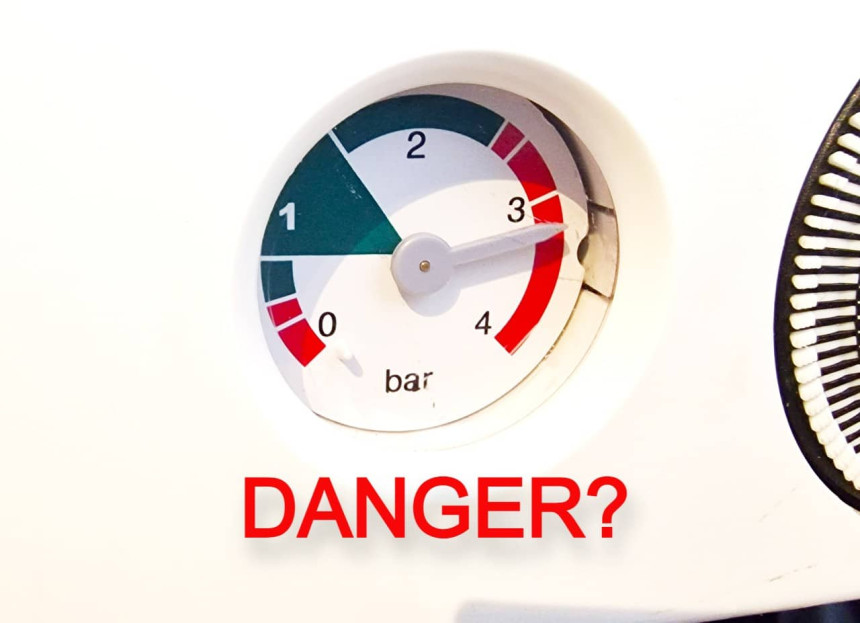Come winter, the last thing you want as you put your heating on is for your boiler to start misbehaving!
However, as the use of boilers increases in winter, they are more likely to cause issues, with a loss of pressure being one of the most problematic and difficult to diagnose.
Luckily, there are only a few things that can cause a boiler to lose pressure, meaning that while the diagnosis is tough, fixing it is easy (if you have a plumber on hand). This article will look at some of the most common causes of boiler pressure issues.
Faulty Pressure Valve
A bit of engineering here! In 2023, most boilers will operate between 1.0-1.5 bar. So, when it comes to fixing boiler pressure issues, the most likely culprit for loss of pressure and a cold house is going to be an issue with the pressure valve. If there is a leak, the pressure valve can increase to the 3-bar range, which will cause the pressure to drop, losing water and cooling the house down or making the radiators non-responsive when turned on.
Auto Air Vent Leak
Even the most sophisticated heating system will collect air bubbles due to prolonged usage. This is why boiler issues are more common in countries with colder climates. Even if you refill the boiler, air bubbles will still collect. The air vent, which is designed to release these bubbles, may be faulty, meaning it releases more air than it needs to, causing the pressure to drop and you to get cold!
Leaking Radiators
Having a leaking radiator, towel rack, or radiator valve will cause air to get out of the heating system, leading to a gradual drop in pressure and the system to become faulty. Luckily, unless the leak is large and there is radiator fluid dripping onto the floor, this is not likely to be an emergency situation.
Air in Radiators
There is a real balancing act when it comes to getting the right amount of air into a heating system. There needs to be just enough to push the fluid from the boiler to the radiators, but too much can cause the radiators to shut down and lose pressure. This issue can be caused by attempting to bleed the radiators without the expertise needed, which can happen in the newer systems. So, don’t bleed any radiators in your home unless you know exactly how to do it, or you may get very cold!
Issues with Expansion Vessel
Along with the right amount of air and fluid being needed for radiators to heat up and keep you warm, the system also needs to have the right amount of pressure.
In a heating system, the expansion vessel is responsible for absorbing the additional pressure that might be in the system. As you may have guessed, if the expansion vessel is broken or is not working appropriately, then the boiler will lose pressure. Luckily, a plumber can spot this and replace it with ease, meaning that you will have a toasty, warm home soon!





